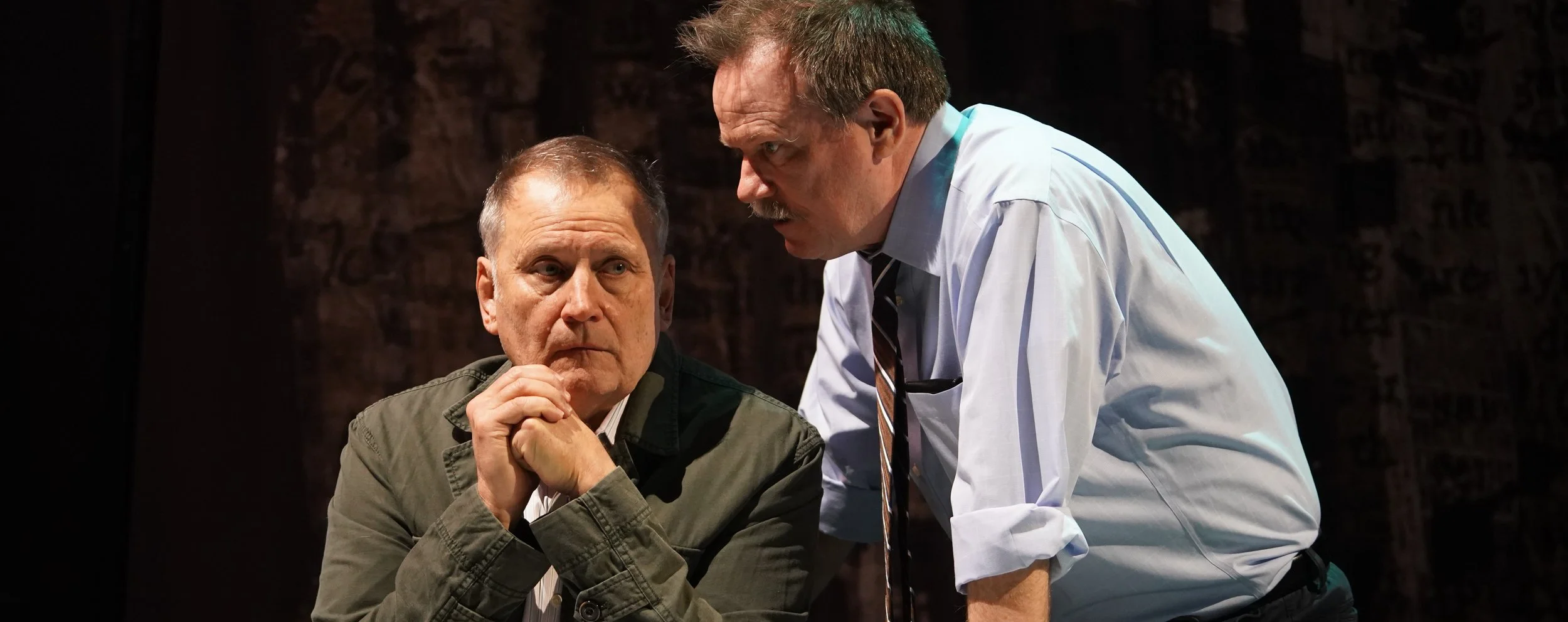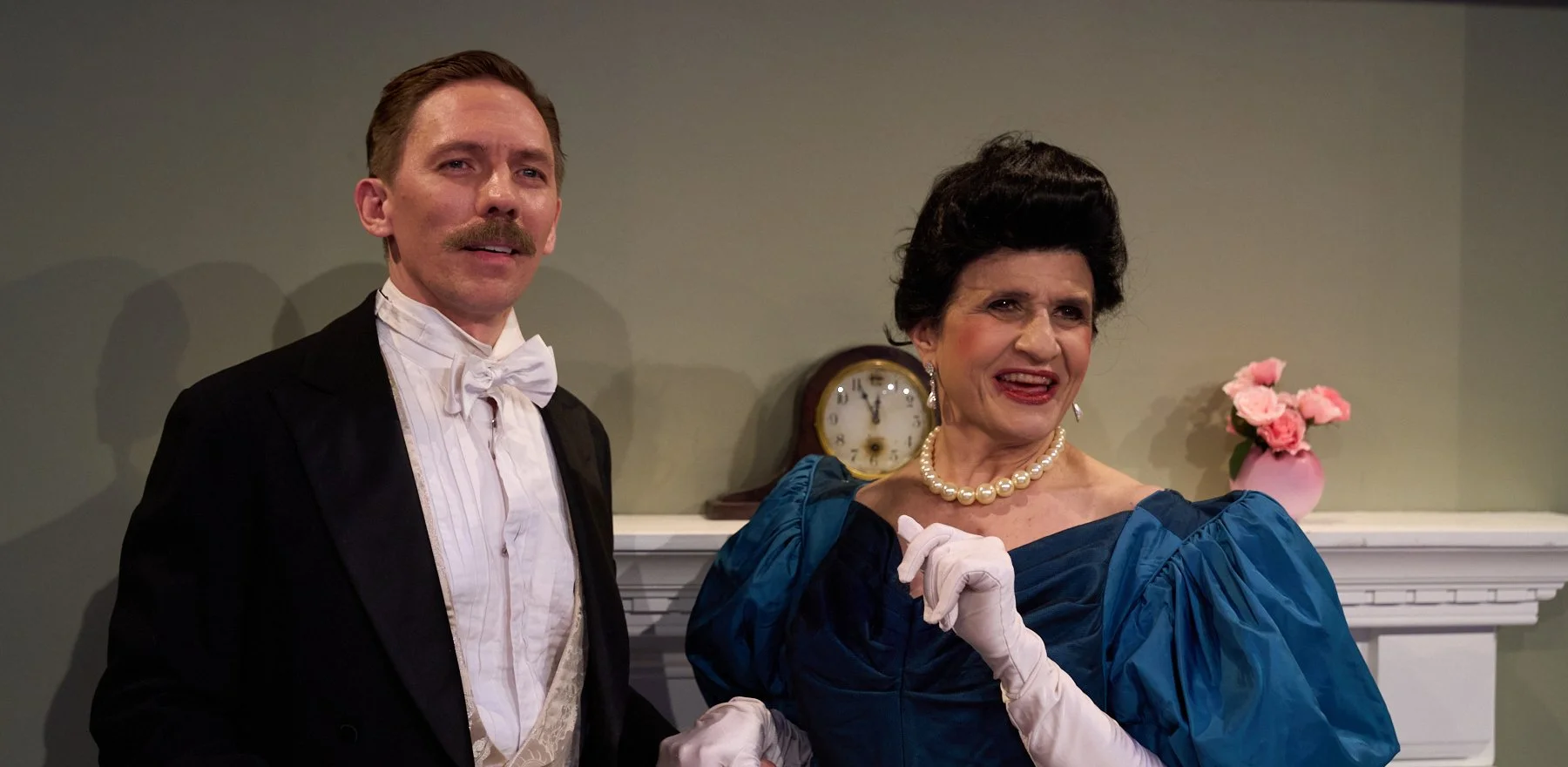In Days of Wine and Roses, the new musical based on JP Miller’s 1958 teleplay and Blake Edwards’s 1962 Warner Bros. film, the central characters introduce themselves in song as “two people stranded at sea.” Even when offered lifelines, as the boozy, destructive duo often are, they respond like drowning victims, clawing and scratching, threatening to bring their rescuers down with them. With a book by Craig Lucas and a score by Adam Guettel, Days of Wine and Roses presents a searing and sobering portrait of the devastating costs of addiction.
Make Believe
Bess Wohl’s new comedy Make Believe portrays a quartet of Gen-X siblings at two points of life-changing family crisis. The first is in 1980, when the Conlees, two sisters and two brothers, are small children. The second is 32 years later. In both instances, the kids are gathered—it’s tempting to say “barricaded”—in a gargantuan nursery at the top of their parents’ luxe suburban home.
A Parallelogram
Bee, the heroine of Bruce Norris’s new play, A Parallelogram, is in the midst of a bout of depression. She sits on her bed playing solitaire. Perhaps it’s because she and her boyfriend, Jay, have recently returned from a vacation on a tropical island, where she saw grinding poverty. Or perhaps because, on returning from their trip, she found that the pet parrot she had for 17 years had died from her own negligence (its empty cage sits in the bedroom). Perhaps it’s the hysterectomy that she recently had. Or could it possibly be because her future self, Bee 2, has materialized to reveal the future to her in all its futility?








